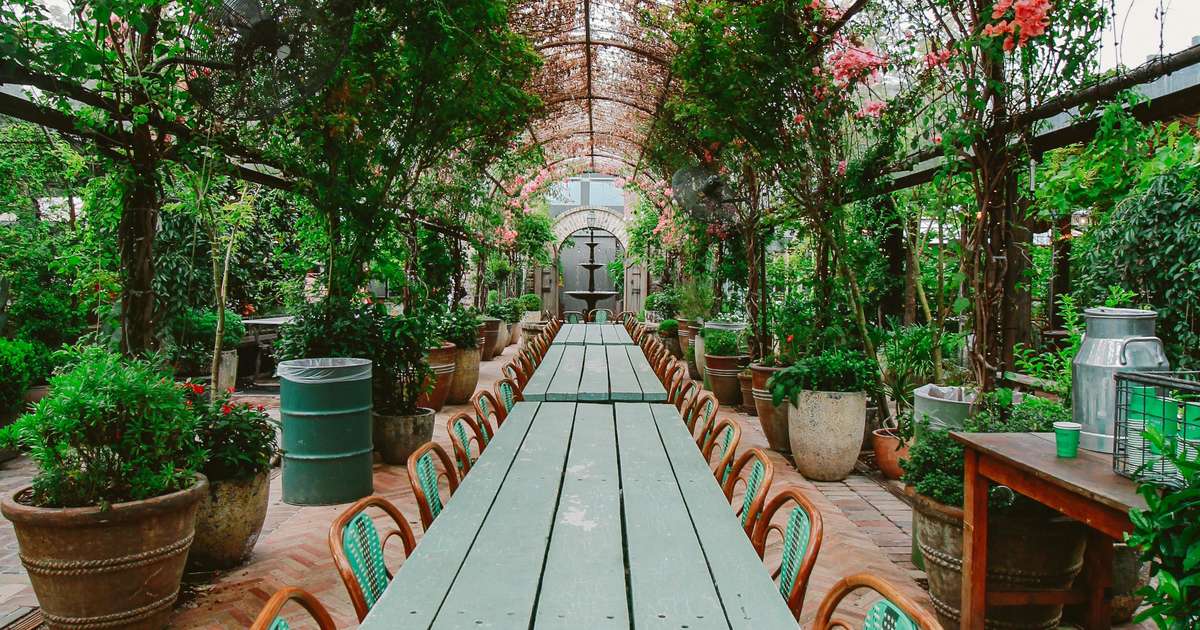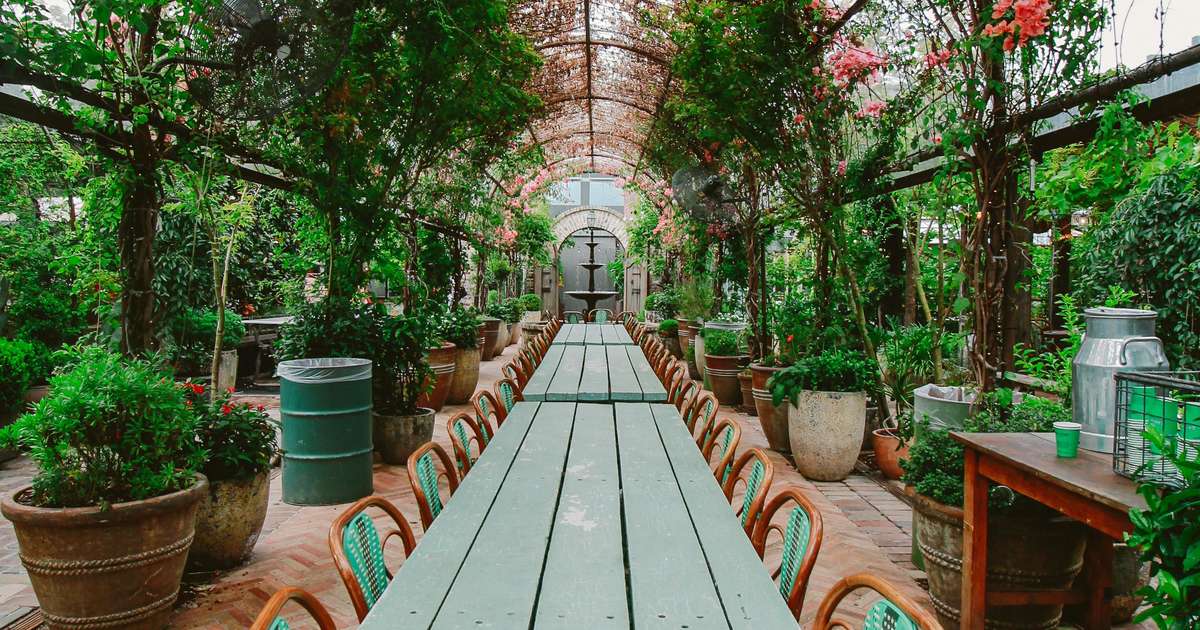
In an era where customer expectations are higher than ever, the hospitality industry is undergoing a quiet revolution. It’s no longer just about fluffy pillows, complimentary breakfast, or check-in mints. The new gold standard in hospitality? Emotionally resonant, hyper-personalized guest experiences that make people feel seen, valued, and connected.
Hospitality today isn’t just about service—it’s about creating feelings. “Welcome” is no longer just a word at the door; it’s a mindset that permeates every touchpoint of the guest journey. From boutique hotels and luxury resorts to B&Bs and glamping retreats, the brands that thrive are those that understand the true art of hospitality: crafting human-centric experiences that stay with guests long after checkout.
The Shift from Service to Experience
Traditionally, hospitality meant providing a comfortable place to stay, decent food, and courteous service. But today’s guests, especially millennials and Gen Z travelers, seek far more than that. They want authenticity. They crave stories, personalization, and connection. They are not just booking rooms; they are booking feelings.
Think about Airbnb’s meteoric rise—not just as a lodging alternative, but as an experiential brand. It succeeded by positioning itself around the idea of “Belong Anywhere,” tapping into travelers’ desire to immerse themselves in local culture, not just observe it from a sanitized hotel room.
Modern travelers are also driven by purpose. Sustainability, community engagement, and local impact are influencing booking decisions more than star ratings. A growing number of guests will gladly trade five-star opulence for the feeling of doing good—whether that’s supporting eco-friendly hotels, women-led homestays, or properties that give back to local artisans and farmers.
The Role of Technology in Humanizing Hospitality
Ironically, technology is helping humanize hospitality. Artificial Intelligence and automation are not replacing personal service; they’re enhancing it by removing friction.
Take mobile check-ins, for example. Instead of waiting at the front desk, guests can head straight to their rooms using a digital key. That frees up staff to provide more meaningful, proactive service—like offering local recommendations or personalized greetings.
AI-driven CRM (Customer Relationship Management) tools allow hotels to remember your preferences, from your favorite room temperature to dietary restrictions and pillow types. This level of personalization creates a sense of being “known,” which is incredibly powerful.
Voice-controlled assistants in rooms, chatbots that handle common queries, and contactless payments are becoming the norm—not to wow guests, but to meet evolving expectations of convenience and safety. Especially post-pandemic, cleanliness and seamless service are non-negotiable.
But the most innovative hotels go beyond tech to create emotional resonance. Some properties now offer digital detox packages, handwritten welcome notes, memory-making experiences like sunrise yoga or fireside storytelling, and even curated playlists to match the mood of your room. It’s all about sensory design and emotional engagement.
Creating Moments That Matter
The heart of hospitality lies in moments. Not grand gestures, but small, thoughtful touches that make guests feel special. A warm cookie handed to a tired traveler. A front-desk staffer who remembers your name. A birthday surprise left quietly in your room.
It’s these micro-moments that define guest loyalty. A 2023 study by Deloitte found that 78% of travelers are more likely to return to a hotel that “feels like it remembers them.” Emotional memory, it turns out, is even more potent than aesthetic memory.
Hotels are now investing in “experience designers” and “guest journey curators” whose job is to map the emotional highs and lows of a stay—and intentionally design interventions that delight, comfort, or surprise.
Redefining Luxury: From Excess to Meaning
Luxury in hospitality has also evolved. It’s no longer just marble bathtubs and gold-plated fixtures. True luxury today is about time, space, privacy, and meaning.
Guests are paying premium rates for off-the-grid escapes, mindfulness retreats, and access to exclusive local experiences—like cooking with a grandma in Tuscany, or hiking with a naturalist in Bhutan. They’re choosing soulful over showy.
This redefinition is forcing luxury brands to rethink their value propositions. It’s not enough to be expensive; you have to be extraordinary in how you make people feel. The new status symbol? A story-worthy stay.
Hospitality as a Force for Good
One of the most beautiful evolutions in hospitality is its growing focus on impact. Hotels are no longer isolated islands of opulence. Many are becoming community anchors, sustainability leaders, and changemakers.
Some eco-resorts operate entirely off-grid, generate their own water and energy, and even farm their own food. Others employ only locals, support indigenous crafts, and donate a percentage of profits to local education or wildlife conservation.
Travelers, especially post-COVID, want to feel like their presence makes a difference. Hospitality brands that align with this sentiment are winning hearts—and bookings.
Looking Ahead: The Rise of Regenerative Hospitality
The future of hospitality is regenerative. This goes beyond “do no harm” or “reduce carbon footprint.” Regenerative hospitality aims to leave a place better than it was found—culturally, ecologically, and economically.
Imagine a resort that not only sustains the local environment but actually restores coral reefs or rewilds nearby forests. Or a hotel that revives a fading local tradition by integrating it into guest experiences and employing community elders as guides.
This is not fantasy—it’s already happening in pioneering properties across the globe. And it represents the next frontier of hospitality, one where profit and purpose walk hand in hand.
Final Thoughts: Hospitality is Humanity
At its core, hospitality is not about buildings, beds, or breakfasts. It’s about people. It’s about the feeling you get when someone truly welcomes you—not just into a space, but into a story, a culture, a way of being.
In a world increasingly dominated by algorithms and speed, the true differentiator is still the human touch. The future of hospitality belongs to those who can blend technology with empathy, efficiency with warmth, and innovation with meaning.
Because long after guests forget the thread count or the Wi-Fi speed, they’ll remember how you made them feel.
Prince A. Sanders
Prince A. Sanders
Please visit:
Our Sponsor
